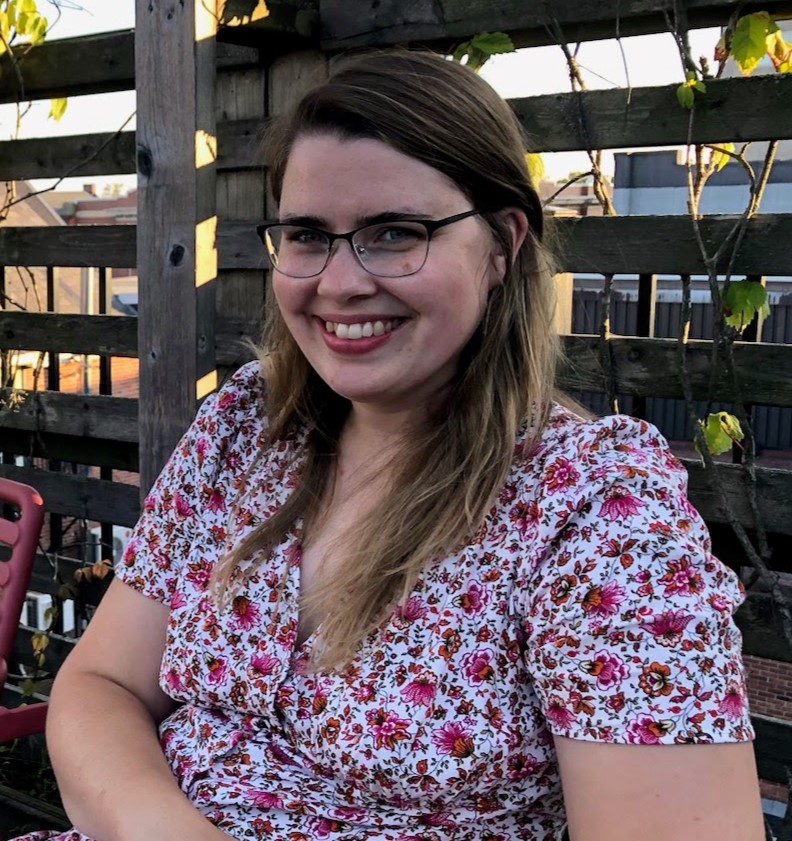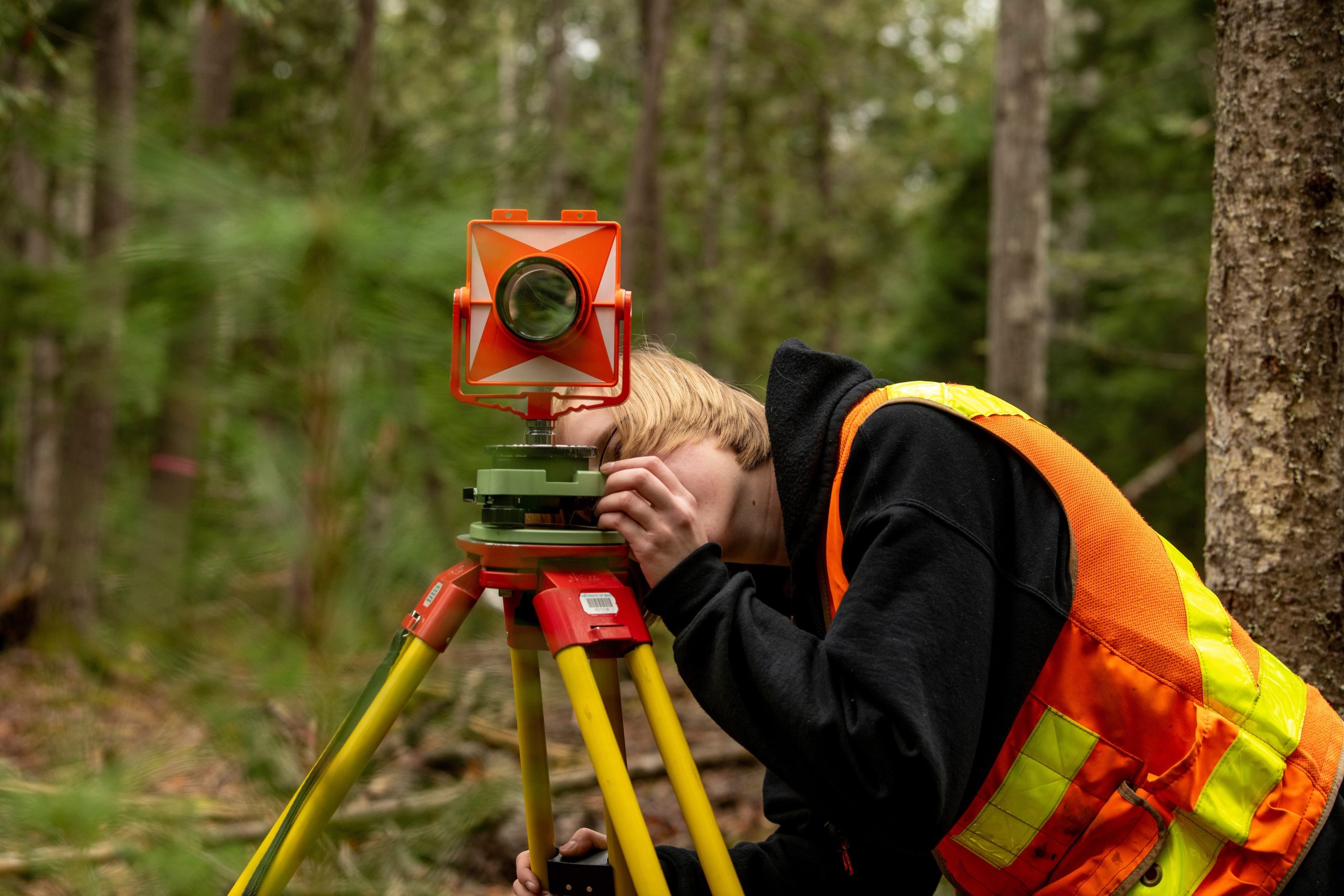
Online B.S. in Surveying Engineering Technology
About the Program
UMaine is ranked #80 in Best Online Bachelor’s Programs for Veterans by U.S. News & World Report.
The online B.S. in Surveying Engineering Technology develops the skills and education required to enter a rewarding career in land surveying. Students learn about surveying, engineering, business, and communications to become well-rounded and successful professional land surveyors.
This degree leads to a Graduate Certificate in Surveying Engineering Technology, an M.S. in Engineering Technology, or a PSM in Engineering and Business.
This program is accredited by the Engineering Technology Accreditation Commission of The Accreditation Board for Engineering and Technology, Inc. (ABET).
Contact Us
Have questions about earning your B.S. in Surveying Engineering Technology online with UMaine? Contact a UMaineOnline advisor.
Student Experiences
Curriculum
Students are taught a variety of surveying topics through a highly technical and rigorous curriculum. Areas explored include plane surveying, construction surveying, photogrammetry, remote sensing, boundary law, civil engineering technology, cadastral surveying, global positioning systems, land development design, and geographic information systems.
Admissions
Careers
According to the U.S. Bureau of Labor Statistics, the overall employment of Surveyors is projected to grow 5% from 2022 to 2032, faster than the average for all occupations. As of May 2023, the median average wage for survey engineers is $68,540. About 3,500 surveyor openings are projected each year, on average, from 2022 to 2032.
Graduates are prepared to obtain a surveyor’s license. Graduates can become licensed as a Professional Land Surveyor (PLS) after gaining a state-defined requisite amount of experience and successfully passing the National Council of Examiners for Engineering and Surveying (NCEES) fundamentals of surveying exam and professional surveying exam.
Notable Companies Employing Alumni
- Bureau of Land Management
- U.S. Forest Service
- Maine State Department of Transportation
- Plisga and Day
- Sebago Technics
- Survey Engineering Resources, LLC
- Gartley and Dorsky Engineering and Surveying
- Herrick and Salsbury, Inc.
- Vanasse Hangen Brustlin, Inc.
- SGC Engineering, LLC
- Northern Survey Engineering, LLC
- SurvTech Solutions, Inc.
NC-SARA Statement
This program will prepare students to be eligible for licensure within the State of Maine. Visit the UMS State Authorization & Licensure page to learn more about the licensure requirements in other states and territories, in addition to the contact information needed to inquire further into the licensure requirements associated with this program.


